Despite how common mental health problems are, many of us still believe things about them that just aren’t true.
Knowledge surrounding mental illness and mind health is gaining momentum on one hand and on the other, several people across the globe are still muddled in it’s myths which is preventing them from coming forward with mental health issues which can be easily treated.
How many of us have our anxiety issues disabling us on a functional level or repetitive unwanted thoughts interfering with our productivity?
Do we stop to think if we have a way out of this?
This question might yield a ‘No’.
If you count yourself among one of them who has in some way or the other been affected by mental issues, you know mental problems are real and equally incapacitating as physical illness. And you are not alone.
Every one in four people is affected by mental illness. A recent index of 301 diseases found mental health problems to be one of the main causes of the overall disease burden, placing mental disorders among the leading causes of ill-health and disability worldwide.(1)
So, it is easily understandable where we currently stand with this global health concern.
Why is debunking myths around mental illness a necessity?
Many mental health professionals, mental health institutes and organisations across the globe is holding mental health awareness programmes to promote the significance of treatment for mental disorders, resulting in a successful rise in understanding around mental illnesses.
Why is mental health issues still a disabling factor worldwide, even after such active measures being taken to demystify it?
There are many who mentally suffer, daily, dragging themselves through life, believing that there is no way out of these ‘problems’.
This neglect related to mental illness also comes from the very fact that we generally have a lackadaisical attitude towards our mental health altogether. This attitude can be attributed to the fact that mental illness is still not completely understood, are ignored and considered a taboo.
According to the statistical analysis of World Health Organization (WHO), nearly two-thirds of people with a known mental disorder never seek help from a health professional because they get victimized for their illness and become the targets of unfair discrimination and stigma.
Not only the mentally ill but their family members, relatives as well as professionals providing specialized care, are still the object of marked stigmatization around parts of the world. This kind of debilitating ignorance around mental illnesses prevent care and treatment from reaching people with mental disorders. It is found that current treatment coverage ranges from 15 to 45%, therefore leading to a gross under utilization of services.(2,3)
Did you ever wonder what our mortality rate would be if this kind of ignorance shrouded physical illnesses?
These kinds of attitude towards mental illnesses are deeply rooted in society and not only limit our knowledge but also makes it difficult to promote general health.
Myths are a crucial factor in perpetuating this ignorance around mental health. Hence, bursting the myths related to mental health is equally important along with promoting comprehension around mental illnesses.
Read 10 Ways To Enhance Your Mental Health
This article will throw light on 11 most common myths around mental health people still stick to believing and try bursting them.
Mental health Myths and facts:
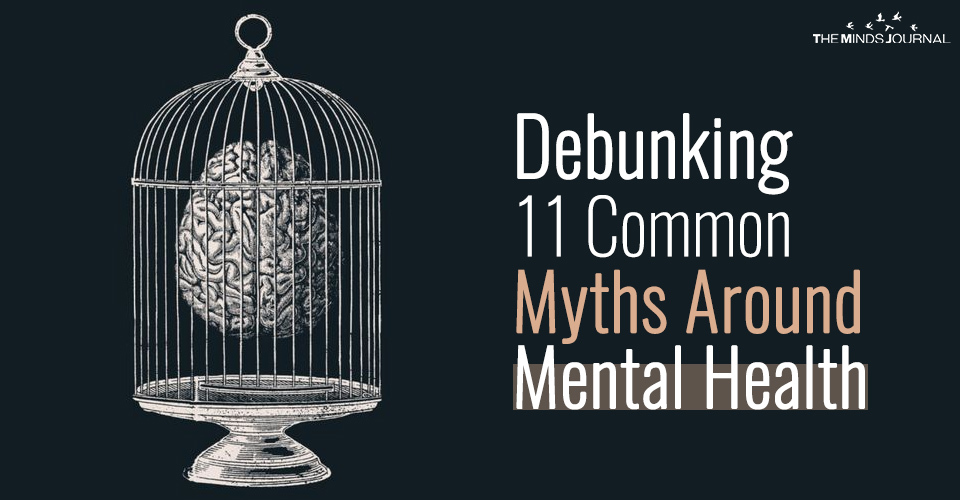
1. Myth: Mental illness can only affect ‘other people’.
Fact:
Mental illnesses never discriminate on the basis of caste, creed, age, gender or race; it can be you, me, your close ones and even mental health care professionals – anyone can have mental health related problems.
As already discussed earlier, mental illnesses are more common than we think it to be. One in every four American adults suffer from a diagnosable mental disorder in any given year. (4)
2. Myth: Children and adolescents cannot have mental illnesses.
Fact:
Children and adults alike experience a variety of mental health issues.
According to WHO, 10-20% of children and adolescents worldwide is a victim of mental disorders. Half of all mental illnesses begin by the age of 14 years and three-quarters by mid-20s. (5)
The most commonly diagnosed mental disorders in children are Attention Deficit Hyperactivity Disorder(ADHD), behavior and conduct problems, anxiety and depression.
3.Myth: Once you are diagnosed with a mental illness you are ill for lifetime.
Fact:
Many support groups and communities are coming forward to help people with mental illnesses seek the kind of treatment best suited for them, ranging from disorder specific treatment strategies including medication or psychotherapies which includes Cognitive Behavioral Therapy, Exposure Therapy, Dialectical Behavior Therapy etc.
With a combination of pharmacological and psychosocial treatments and supports, between 70 and 90 percent of individuals have a significant reduction in symptoms and improved quality of life.(6) Therefore, complete recovery from mental illness is absolutely possible.
4. Myth: As a layman, I cannot do anything for people with mental health care needs.
Fact:
Absolutely a wrong idea! It does not take you to be a mental health care professional to provide a basic nurturing environment for people with mental health care needs to sustain a good mental health. You can contribute to it by changing the way you speak of and view mental health illnesses.
Here are a few things you can do:
- Straightaway avoid labeling people with words like “psycho”, “mad”, “insane”, “crazy,”, “wacko” “loony,” or by their diagnosis. Instead of saying someone is a “schizophrenic” say “a person with schizophrenia.” Remember that an individual has an identity beyond their diagnosis.
- Treat people with mental illnesses with equal dignity and respect as you would treat other people.
- Share your knowledge about mental illnesses with other people and correct them if they believe or promote something untrue.
- Do not discriminate against people with mental illnesses regarding social interactions, housing, education and employment. Respect their rights and help them understand that like other people, the state protects their needs, laws and rights.
- If you find anyone making fun of people who need mental health care, immediately protest or take other steps against them.
5. Myth: Mental illness is the same as mental retardation.
Fact:
No. They are not. These are two completely distinct conditions.
A diagnosis of mental retardation is characterized by limitations in intellectual functioning and difficulties with certain daily living skills.
In contrast, people with mental illness have varied intellectual functioning, just like the general population but have mild to severe disturbances in thought, mood and behavior, resulting in an inability to cope with daily life’s demands and routines.
6. Myth: Therapies and self help are a waste of time with no good outcomes.
Fact:
Treatment is very individualistic as is the suffering. The choice of treatment strategies depend on a number of factors. Different mental illnesses respond differently to different methods of treatments which means not all mental disorder have the same recovery rate with the same treatment strategy.
There is a strong evidence supporting the fact that OCD has a high recovery rate when treated with ERP- Exposure and Response Prevention (a part of Cognitive Behavior Therapy) alongside medication (if need be).
Drugs is not always the best option; it might provide immediate relief but not with long term benefits.
Lot of people reply on working with psychologists, psychoanalysts, therapists and counselors to recover from various mental disorders.
7. Myth: Mental illness in people are brought about by the weakness in their characters.
Fact:
Mental illnesses have nothing to do with ‘weaknesses in character’. Mental disorders are brought about by the interactions of different factors- biological, psychological and social factors rather than by one’s character being flawed.
Situational incidents like the loss of job, loss of a loved one, separation, divorce etc can also lead to the development of mental health problems.
8.Myth: One’s sexual orientation defines one’s mental health.
Fact:
Considering the timezone we are in, it’s a shame to think in such a degraded manner about another human being.
One’s choice of sexual orientation is extremely personal. If your sexual orientation is diverted from the usual, it does not mean you are mentally unhealthy. Homosexuality is no longer considered a form of mental illness by mainstream psychologists and psychiatrists.
Freud (1905) believed all human beings were innately bisexual and that they become heterosexual or homosexual as a result of their personal experiences and social influences.
Also, Freud agreed that a homosexual orientation should not be viewed as a form of pathology.(7)
9. Myth: People with mental illnesses are always violent and unpredictable.
Fact:
People with mental illnesses are not more violent than people who have no mental illnesses. There are a lot of people who are violent and unpredictable but do not have any mental health issues.
Multiple studies have shown that individuals with serious mental illness are especially vulnerable to being victimized.(8)
People with mental health issues require our support, compassion and kindness rather than being isolated on the pretext of them being violent.
10. Myth: People with mental health needs or ones who have recovered, tend to be second-rate workers.
Fact:
Studies by the National Institute of Mental Health (NIMH) and the National Alliance for the Mentally Ill (NAMI) show that there are no differences in productivity when people with mental illnesses are compared to other employees. (Mental Health: A Report of the Surgeon General, 1999).
Employers who have hired people with mental illnesses reported having no issues with their attendance, quality of work, performance, motivation or punctuality.
11. Myth: Mental health illnesses cannot be prevented.
Fact:
Mental health issues require us to be sensitive. Once the source of a disorder is clear to us, it can be easily prevented.
Eliminating known risk factors like exposure to trauma or abuse during childhood can successfully prevent emotional, mental and behavioural disorders from taking shape later on in adulthood and thus lower crime rates, promote overall productivity and socio-emotional well being.
As George Orwell puts, “Myths which are believed in tend to become true.” And we do not want that. For mental health issues to be understood, one needs to be free of the myths and misunderstandings around it.
References:
- Vos, T., Barber, RM., Bell, B., Bertozzi-Villa, A., Biryukov, S., Bolliger, I., …Murray, CJ.. (2013). Global, regional, and national incidence, prevalence, and years lived with disability for 301 acute and chronic diseases and injuries in 188 countries, 1990–2013: A systematic analysis for the Global Burden of Disease study. The Lancet, 386(9995), 743–800.
- The epidemic of discontinuity in health care; Ferris TG Ambul Pediatr. 2004 May-Jun; 4(3):197-8.
- The pathways to psychiatric care: a cross-cultural study; Gater R, de Almeida e Sousa B, Barrientos G, Caraveo J, Chandrashekar CR, Dhadphale M, Goldberg D, al Kathiri AH, Mubbashar M, Silhan K Psychol Med. 1991 Aug; 21(3):761-74.
- Kessler RC, Chiu WT, Demler O, Walters EE. Prevalence, severity, and comorbidity of twelve-month DSM-IV disorders in the National Comorbidity Survey Replication (NCS-R). Archives of General Psychiatry, June 2005.
- Child and adolescent mental health
- National Alliance on Mental Illness (NAMI).
- Facts about homosexuality and mental health.
- Victimization and Serious Mental Illness
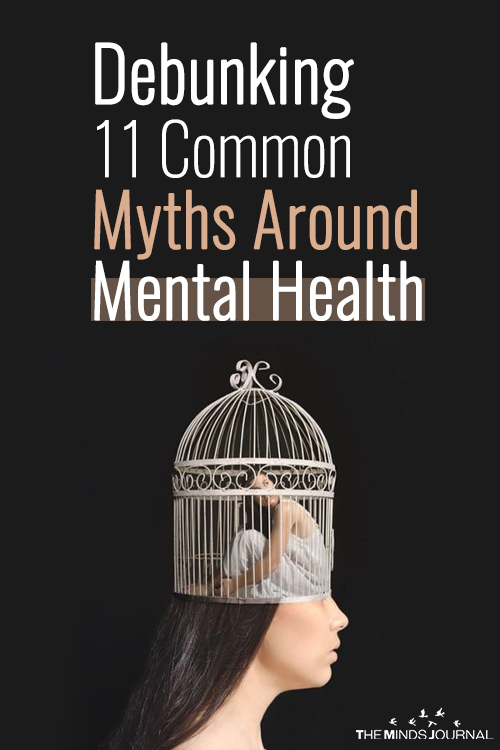
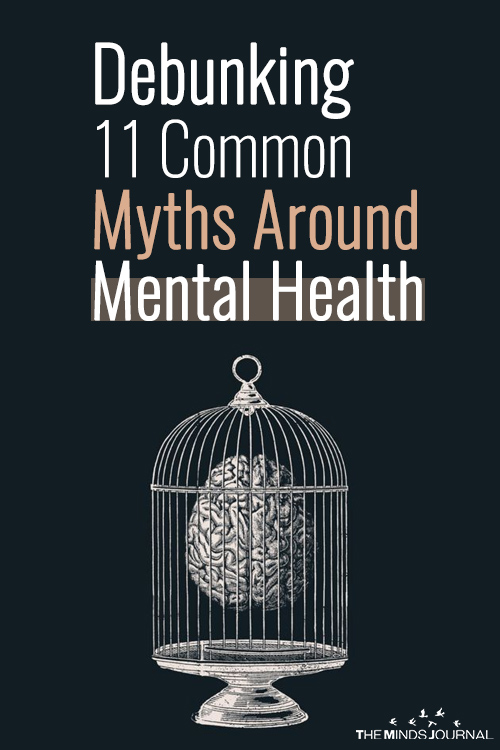
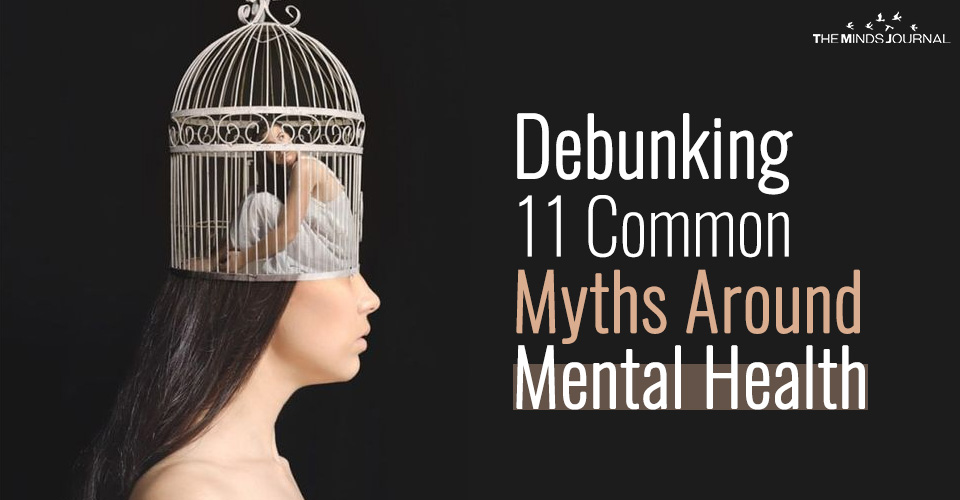






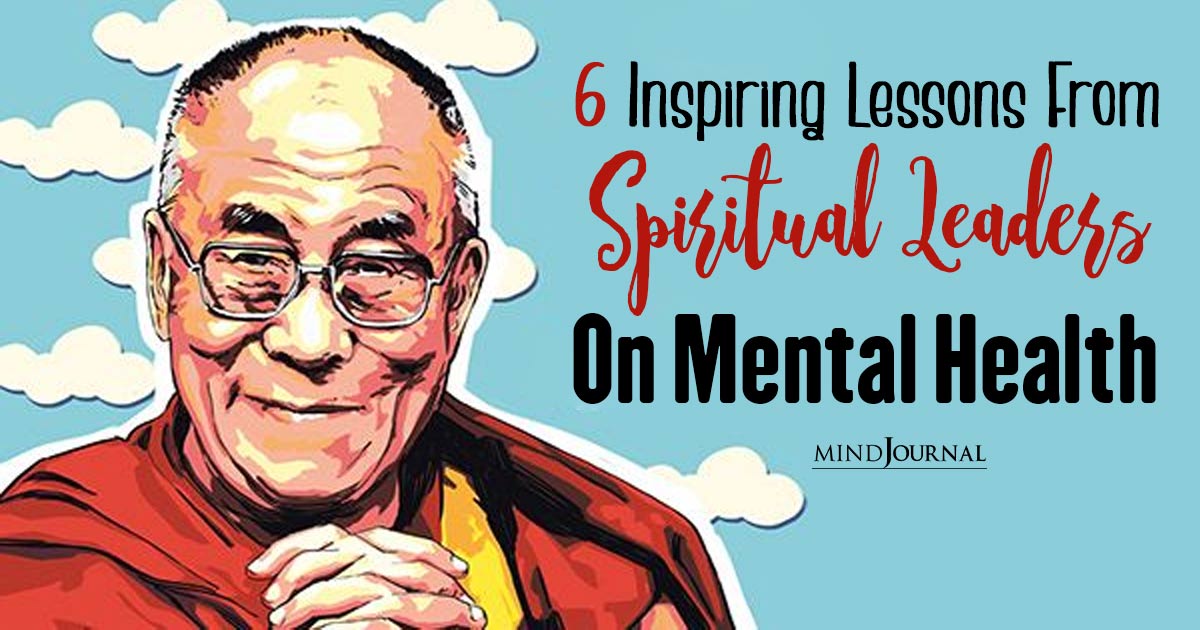
Leave a Reply
You must be logged in to post a comment.